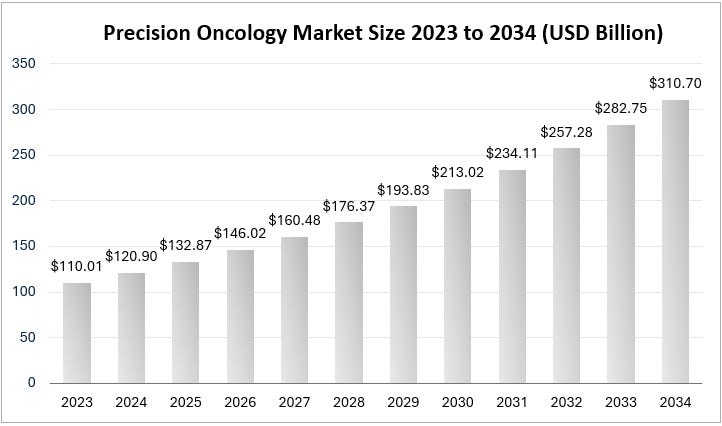How Geopolitics Will Impact the Precision Medicine Market
Precision medicine promises genetic-tailored treatments, but its military applications pose a threat to the sector and global security.
This article is for informational purposes only and should not be construed as financial advice. The discussion of companies or investment trends is not a recommendation to buy, sell, or hold securities. Readers should consult a financial advisor and conduct their own research before making investment decisions.
In Greek mythology, the Fates spun the thread of life, weaving every triumph and tragedy into the genetic code of life. Now, precision medicine and gene editing have placed that spindle in our hands.
Precision medicine is poised to revolutionize healthcare, but its success will depend as much on geopolitical factors as on scientific breakthroughs. The field’s reliance on genetic data, cutting-edge biotechnology, and global collaboration introduces risks that could undermine its potential.
Diverging data governance laws, trade disputes over intellectual property (IP), and concerns about dual-use genetic research are transforming precision medicine from a purely medical innovation into a strategic domain shaped by national security imperatives and geopolitical rivalries.
Precision Medicine Market Outlook
Precision medicine is redefining the healthcare landscape by merging biopharmaceutical innovation with diagnostic precision. This approach tailors treatments to individual genetic, molecular, or cellular markers, creating a new frontier in targeted therapy.
The chart below comparing Moore's Law to the cost of sequencing a human genome highlights the extraordinary acceleration of genomic technology. While Moore's Law predicts a steady doubling of computing power and halving of costs every two years, genome sequencing costs have fallen exponentially faster, dropping from $100 million in 2001 to under $1,000 today
Intersecting technologies and ever-increasing computing power is the foundation for precision.
The interplay between biopharma and diagnostics is critical in this dynamic, with the latter providing tools like genomic sequencing and biomarker tests that enable patient stratification. This interdependence has led to a surge in collaborations focused on companion diagnostics, as progress in one sector fuels advancements in the other.
Pharmacogenomics is central to this dynamic. By leveraging genetic profiles, it predicts drug efficacy, reduces adverse drug reactions (ADRs), and improves therapeutic outcomes.
The growing adoption of pharmacogenomics testing in clinical practices is expected to drive significant advancements in drug discovery, helping to understand differences in pharmacokinetics and pharmacodynamics using individual genetic information.
Although genetic testing involves high upfront costs, the long-term savings from fewer hospitalizations and minimized complications make it economically viable. Pharmacogenomic testing exemplifies precision medicine’s ability to reduce inefficiencies in healthcare while optimizing results.
The oncology segment underscores the transformative potential of this approach. Cancer remains one of the most pressing global health challenges, and precision medicine offers the tools to address it at its genetic root.
Source: Precedence Research
By examining individual patient genes, precision oncology can identify the causes of disease and design personalized therapies. Compared to conventional treatments, this method significantly shortens the time to therapeutic success and reduces overall treatment inefficiencies.
The global precision medicine market was valued at USD 102.17 billion in 2024 and is expected to grow to USD 470.53 billion by 2034 at a compound annual growth rate (CAGR) of 16.5%.
Source: Precedence Research
In 2023, the U.S. precision medicine market was valued at approximately USD 42.68 billion, with projections estimating it will grow to around USD 232.49 billion by 2034. This expansion represents a compound annual growth rate (CAGR) of 16.7% over the forecast period from 2024 to 2034.
Source: Precedence Research
The United States currently leads the field of pharmacogenomics and biotech innovation, maintaining a dominant position in precision medicine. Here’s what that could mean for investors:
Keep reading with a 7-day free trial
Subscribe to Pantheon Insights to keep reading this post and get 7 days of free access to the full post archives.








